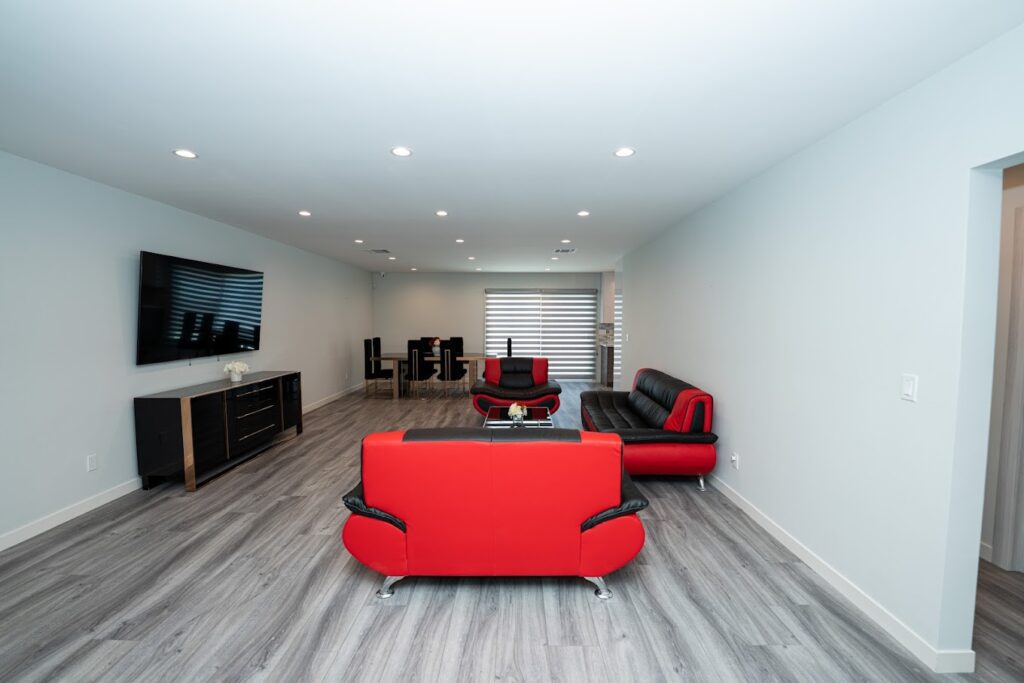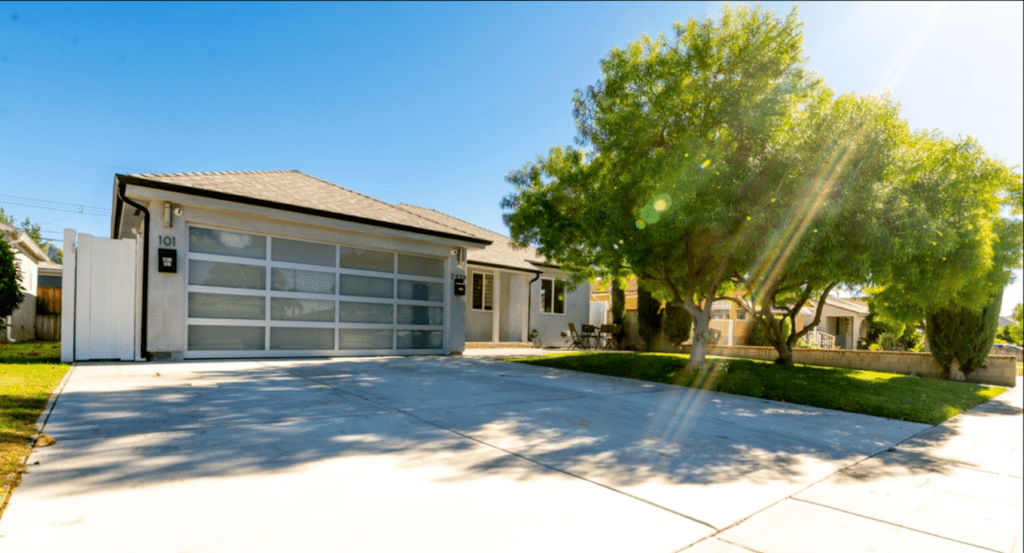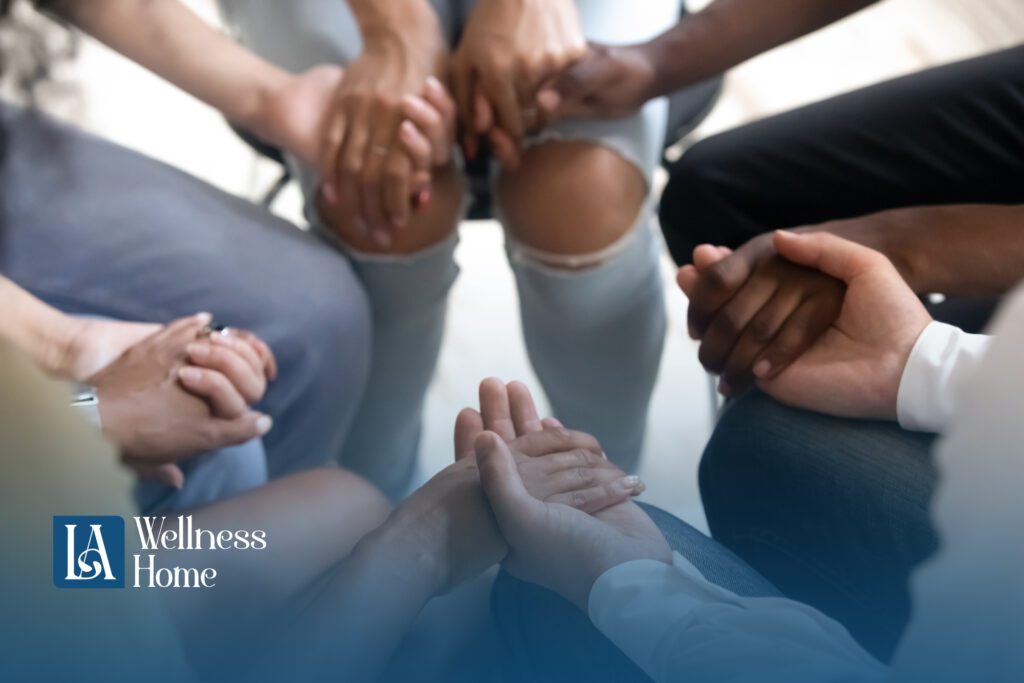Nowadays, there are more options for drug rehab treatments than ever before. You or your loved one struggling with addiction can opt for inpatient or outpatient programs, whichever suits your recovery needs best. Another option is to enroll in a coed rehab, which has its share of pros and cons.
In this post, we’ll discuss more about coed rehabs, its advantages, downsides, and if it’s the right choice for your recovery. Read on and let’s help you weigh if this program works best for you.
What are co-ed rehabs?

Before we get into the nitty-gritty of this treatment option, let’s define coed, shall we?
Coed in rehab is basically a facility or program where both men and women can receive treatment at the same time. Unlike gender-specific programs, this is a mixed-gender setup that can be more beneficial for some.
Still, it’s important to note that the National Institutes of Health said that there’s no proof yet that one is better than the other.
In the end, the choice depends on what you find the most comfortable.
Also, coed treatments are not for everyone. Some people struggling with addiction may prefer gender-specific centers for a variety of reasons.
Later in this post, we’ll help you weigh if coed drug rehab is a good option for your specific situation. Below, we also outlined a brief guide to see if you’re a candidate for gender-specific treatments.
Pros and cons of rehabilitation in a coed facility
When it comes to choosing the right addiction treatment center, the choice between co-ed and mixed-gender facilities is often overlooked. To make sure that you’re enrolling in the right program, you should be aware of these pros and cons:
Pros of co-ed rehab
- It promotes social interactions. A co ed inpatient drug rehab allows you to be more comfortable with various sets of people. It also promotes social interaction and a sense of normalcy for those who are undergoing treatment.
- It offers diversity. A coed drug rehab gives you the chance to have diverse discussions about recovery with people from all walks of life. It will also help you understand how addiction affects each gender differently.
- It fosters healthy connections. Coed rehab patients can also take this as an opportunity to develop positive interactions with the opposite sex. This will be a valuable skill once they are released from the inpatient rehab facility and back to their normal lives.
- It prepares you for the real world. Another reason why you should consider searching for ‘coed rehab facilities near me’ is that it will help you prepare for the real world. Drug rehab can be lengthy and challenging for some, so having a real-world setup during your treatment will help you adjust back to society much easier.
- You’ll get a wider choice of programs. Most coed facilities offer more treatment plans than the majority of single-sex treatment centers. This can be a good thing if you’re dealing with poly-drug use and co-occurring mental health conditions requiring different levels of care.
Cons of co-ed drug rehab
- It may not be comfortable for some. Those who have a traumatic experience from the opposite sex may feel vulnerable entering a coed Los Angeles rehab center. In this case, a gender-specific rehab, the opposite of coed, would be a better option.
- Possibility of distractions. While this isn’t an absolute scenario, there’s a higher chance that romantic relationships formed in a coed program may turn into a distraction for the patients.
- Safety concerns. Some people also express concerns about possible inappropriate behavior or harassment inside co-ed treatment centers. This can disrupt the healing process and cause additional stress to the patient.
- Privacy issues. Some patients may not be comfortable sharing spaces or facilities with the opposite sex. There are also some privacy concerns, especially for coed facilities that have mostly communal amenities.
Who is best suited for coed treatment centers?

Are you still unsure if you should enroll in an inpatient rehab center? Here are some criteria you can consider:
- You prefer a more inclusive environment. If you’re comfortable interacting with all genders, a coed facility would be a great choice. It will also give you a real-world sense of community, similar to what you experienced outside of the facility.
- You don’t have gender-specific treatment preferences. If gender isn’t really a paramount consideration for you, a coed rehab center would be a good choice.
- You’re entering treatment as a couple. Heterosexual couples who wish to enter an inpatient rehab in Los Angeles will benefit from a coed facility. Some facilities even home private suites for couples, giving them privacy for sex in rehab or fulfilling their conjugal responsibilities.
- You want a more natural environment. Many of our clients prefer an environment as close as possible to what they have outside the facility. This includes a mix of both men and women receiving treatment.
Who is best suited for gender-specific treatment?
Here at LA Wellness Home, we understand that coed rehabs aren’t suitable for everyone. In that case, we suggest gender-specific treatments for those who fall into these conditions:
- Victims of sexual assault. Those who suffered from sexual assault – with or without connection to their addiction – tend to thrive more in single-sex treatments. This gives them a better sense of safety and peace of mind than having the presence of the opposite gender.
- Pregnant women. If you’re pregnant, ‘co ed treatment centers near me’ may not be what you need. Women-specific treatment centers are better options since they could offer pre-natal care, child arrangements, maternal support, and a safer environment.
- Patients with sex addiction. More often than not, drug abuse is accompanied by mental health disorders, such as sex addiction. In this case, the patient is better enrolled in a gender-specific facility for everyone’s safety.
- Combat veterans. Male combat veterans suffering from PTSD and other mental health disorders often thrive more in single-sex treatments than women.
- People with co-dependency. Those with co-dependency and serious relationship issues may benefit more from non-coed facilities. This is to prevent their co-dependency tendencies from getting in the way of recovery.

